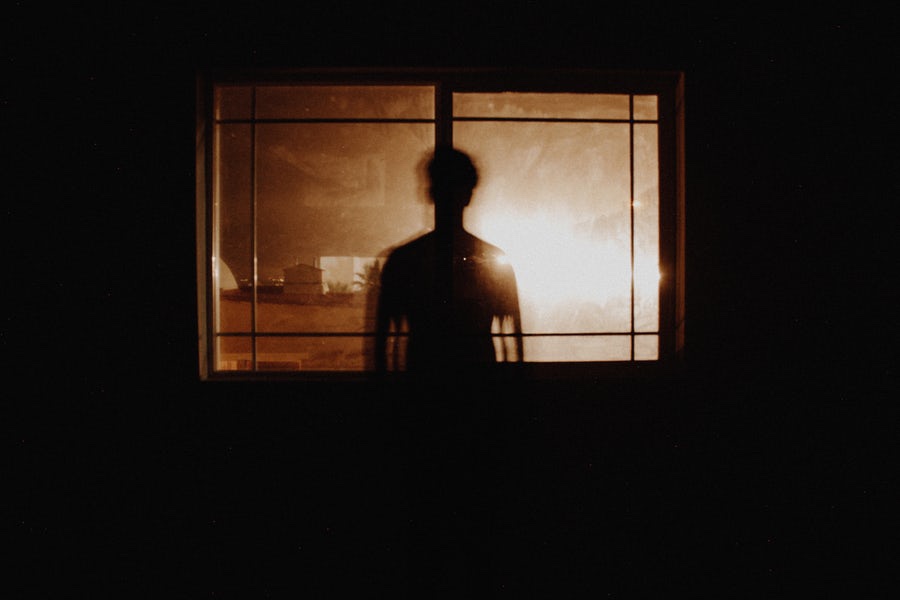A 16-year-old Afghan boy is challenging the government’s refusal to allow him to seek sanctuary in the UK in a case that could give hope to thousands of other child asylum seekers across Europe.
The boy, known as ZS, was living in the Calais refugee camp when the French authorities cleared it in October 2016. He applied unsuccessfully to be brought to the UK under section 67 of the Immigration Act 2016, known colloquially as the “Dubs amendment”. It is the first time an lone child asylum seeker has issued a challenge of this kind against the home secretary.
The boy, who has been diagnosed with post-traumatic stress disorder and attempted suicide three times, has been trying to reach the UK since he fled Afghanistan three years ago. His father assisted western interests and as a result he was abducted and his son was shot. He is arguing that guidance about children in Calais issued by the home secretary applied unlawful criteria, and that unfair procedures were adopted when the Home Office was deciding which children could come to the UK. If his case succeeds it could have implications for thousands of other child asylum seekers hoping to reach the UK under the Dubs amendment.
The Home Office is arguing that it acted lawfully and difficult decisions had to be made about which children to accept. Nine teams, each consisting of between ten and twelve Home Office staff, interviewed 1,872 children in 73 different areas of France after the Calais camp was closed.
Last month Home Office officials agreed to extend an eligibility deadline so refugee children arriving in Europe before January 18, 2018 could be considered under the Dubs amendment. Under the scheme, launched in 2016, the government agreed to offer a safe and legal route to refugee children travelling alone. Previously, children had to have arrived in Europe before March 2016 to be considered which made large numbers of young people who had arrived more recently ineligible.
The charity Help Refugees has been granted permission by the court of appeal to challenge the government’s decision to limit the number of spaces available under the scheme to 480, arguing that this number does not represent the UK’s share of the estimated 90,000 unaccompanied child refugees in Europe.
The hearing is scheduled to last two days and judgment is likely to be reserved.




